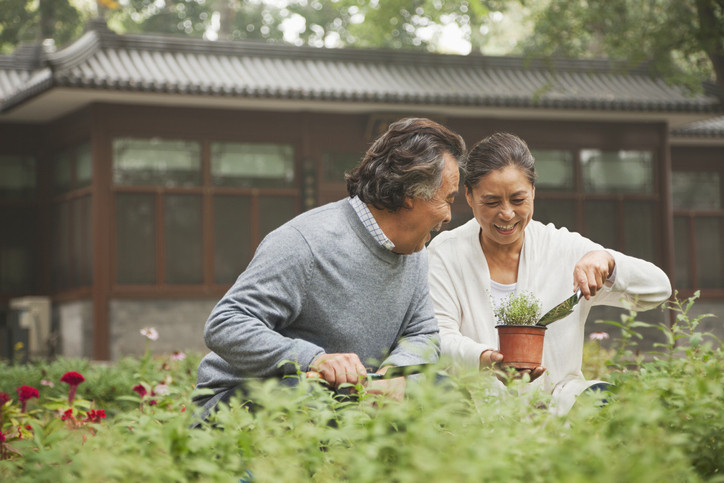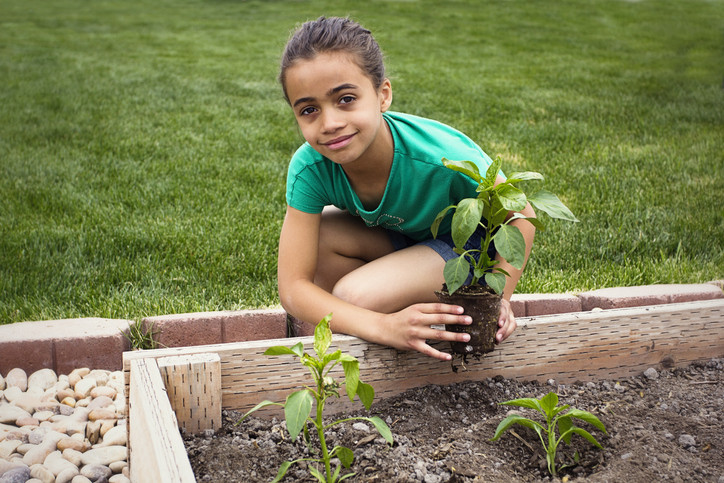

I was recently inspired while watching my friend pick up gardening during quarantine, and was influenced to start my own garden. Since the majority of us have been spending more time in the house than usual, you may have found yourself in need of a new hobby. And if you have kids at home, your need for a relaxing activity is even more important. If you have found yourself in this situation, I would highly recommend being a “plant parent”. I promise it is much more relaxing than parenting human children.

When I find myself participating in a hobby on a constant basis, each time I complete that hobby for that day I always feel the benefits that instill in me. These benefits can range depending on the activity I am partaking in. For example, when I go to my university’s recreational center and run on the track I feel stress-free, healthier, and I tend to sleep better. Reaping benefits is something you will feel too when you participate in hobbies especially one that is pertained to nature. If you and your children decide to become plant parents here are some of the things you all may see and feel after spending time with your plants.
Many gardeners find pleasure in the time it takes to nurture plants. In this way plant parenting is like parenting a child—you start with something so small, but with love and care, it grows and becomes something beautiful. Seeing this growth process does good for the heart and soul. While it may be frustrating at times, you learn patience and responsibility.
Horticulture, the scientific term for gardening, can provide therapy especially for those with mental illness and health issues. Gardeners working in nature often experience the release of dopamine, the “happy hormone”. Additionally, gardeners can feel a sense of zen and relaxation from working in nature, because the rhythmic activity causes you to lose yourself in the plants and be more present at the moment. Some mental and health issues that plants can assist with include high blood pressure, memory disorders, depression, addiction, PTSD, and anxiety. Ultimately, the goal of horticulture therapy is to help patients build self-confidence, social connections, compassion, and improve self-esteem. It also works on skills like memory, language, problem-solving, balance, stamina, muscle strength, and coordination.
If you are a parent to human children, gardening can serve several additional purposes. Maybe you need some time to yourself, gardening is a great way to self-isolate while still being near your children. While your kiddos play in the sprinkler, you can garden and relax. The repetition in weeding, watering, and trimming can be very therapeutic, also like meditation. This is your escape from people’s time. You will feel more relaxed after spending time tending to your plants before returning to the hectic life of a parent.
Maybe you’re a parent who already has your alone time all worked out. Gardening can still be a great tool for you. As I mentioned previously, gardening teaches routine and responsibility. Spending time teaching your child how to nurture and care for plants can be beneficial bonding time, and a way to teach your child patience. Whether you have younger or older children, gardening is an accessible way to engage in nature as a family.
Want to build a garden as a family? Here is an activity you can do!

Interested in gardening and owning a few plants of your own? Here are six houseplants for beginners that require minimal maintenance:
If you are up for more of a challenge or are a more experienced gardener, here are some other plants I would recommend:
Whether you are an outdoor person or not, humans share a connection to nature and are not meant to be cooped in the house or office 24/7 with artificial light. We need to gather energy from the sun and nature and feel the breeze on our skin. After reading this, I hope you take some time away from your technology and with your children and teach them the importance of nature.